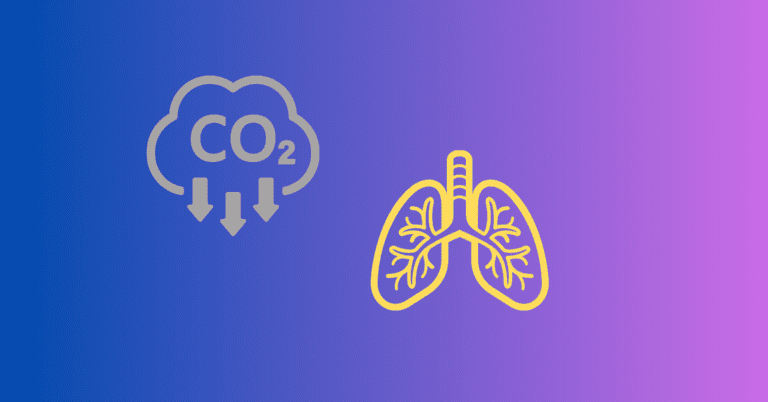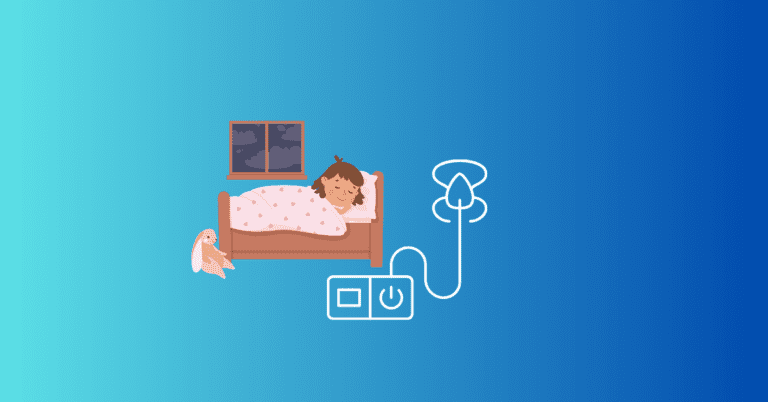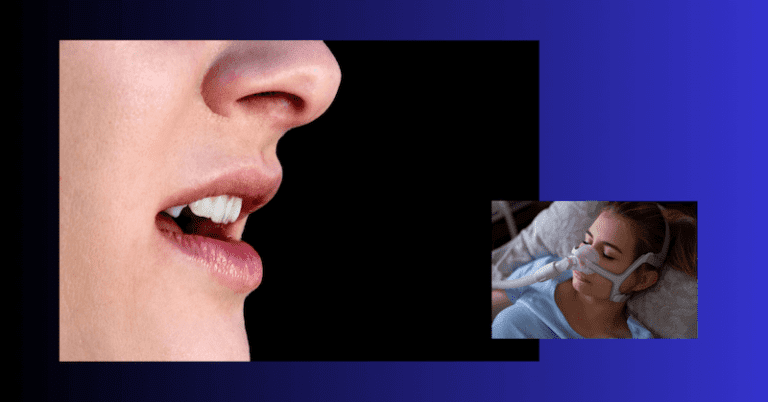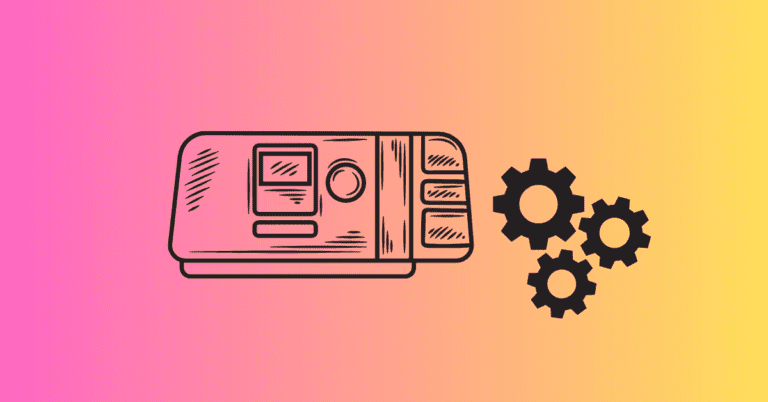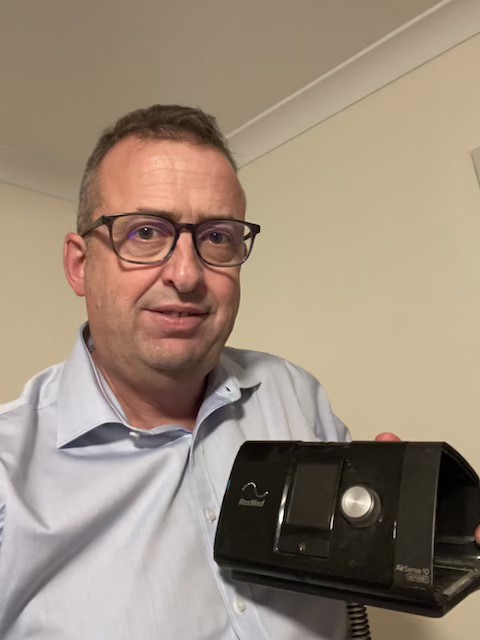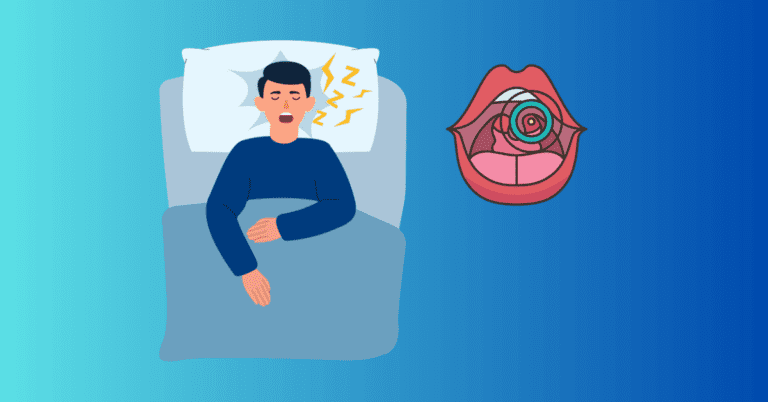Sleep Debt Calculator: How Much Rest Do You Really Owe Your Body?
Jeremy Smith is a long-term CPAP user and sleep apnea advocate. After being diagnosed with severe obstructive sleep apnea, he created ByJeremySmith.com to help others navigate CPAP therapy through personal stories, gear reviews, and practical advice.
Back in the 80s and 90s people used to say “Lunch is for Losers” and “Sleep is for Suckers”.

People used to “pull all-nighters” and boast about.
Bill Clinton said all his bad decisions were made when he was tired.
Thankfully, those days are gone; most people understand they need a good night’s sleep to function well.
But there are a lot of people who don’t get enough sleep. Many of us are those who have to try to sleep with CPAP machines attached to us.
But what if you could measure the damage?
That’s what sleep debt does—it shows you how far behind you are on rest and what it’s costing your body and brain. I learned this firsthand after being diagnosed with severe sleep apnea, and trust me: sleep debt is real, and it’s dangerous if ignored.
Use the calculator below to check how much sleep you owe yourself. It takes 10 seconds and could be the wake-up call you need.
🛠️ Sleep Debt Calculator
Sleep Debt Calculator
Just enter:
- Target sleep (usually 7–9 hours for adults)
- Your average actual sleep
- How many nights you’ve been short
Your total debt will appear instantly.
What Is Sleep Debt?
Sleep debt is the total number of hours your body has been shorted on rest. If you need 8 hours but only get 6 for a week, that’s 14 hours of sleep debt.
And it adds up fast.
Symptoms of sleep debt include:
- Daytime sleepiness
- Poor memory or focus
- Headaches (like I had before CPAP therapy)
- Mood swings
- Weakened immune system
Can You Pay It Off?
Yes—but it takes consistency, not a weekend of oversleeping. Think of sleep debt like a financial one: a few missed payments are easier to fix than months of neglect. Here’s how to start paying it down effectively.
1. Add 30–60 Minutes a Night
Instead of trying to catch up by sleeping 12 hours on Saturday, aim to add just 30 to 60 extra minutes of sleep to your nightly routine. Over time, this gradual increase helps your body recover without disrupting your circadian rhythm.
2. Be Consistent—Even on Weekends
Your brain and body thrive on a stable rhythm. Try to go to bed and wake up at the same time every day—even on weekends. This reduces the “social jetlag” that builds up from late nights and sleep-ins.
3. Nap Smart
Short naps (15–30 minutes) during the day can help reduce sleep pressure and improve alertness. Aim for early afternoon naps to avoid interfering with nighttime sleep.
4. Prioritize Sleep Hygiene
Improving your sleep environment and habits can help you fall asleep faster and stay asleep longer.
- Keep your room cool (60–67°F) and dark
- Use blackout curtains or an eye mask
- Avoid screens for an hour before bed
- Try magnesium, chamomile tea, or guided sleep meditations
5. Use a Sleep Tracker
Tracking your sleep patterns can reveal trends, whether it’s using a Fitbit, Apple Watch, or a free app like Sleep Cycle. Over time, you can adjust your routine to squeeze out more restful minutes.
6. Treat Underlying Sleep Disorders
Sleep debt isn’t always about time in bed—it’s about quality. If you’re sleeping 8 hours but still exhausted, consider testing for obstructive sleep apnea or insomnia.
I used to think I was getting enough sleep… until I was diagnosed with severe sleep apnea. Once I started using my CPAP machine, everything changed. My energy returned, my focus improved, and those foggy mornings became a thing of the past.
👉 Click here to read What is sleep apnea?
7. Watch Your Diet
Heavy meals, alcohol, and caffeine (especially in the afternoon) can delay REM sleep and reduce overall quality. Opt for light dinners and cut caffeine after 2 p.m.
8. Don’t Overdo It
It’s tempting to binge sleep on weekends, but sleeping too much can leave you groggy and throw off your internal clock. Focus on regular, sufficient sleep rather than extremes.
For many of us, it’s not just about quantity. Before I started CPAP therapy, I thought I was sleeping fine—but I was waking up 30+ times an hour. No wonder I felt awful.
Related Tools & Guides
Final Thoughts
Sleep debt is silent—but it’s powerful. Left unchecked, it affects your heart, brain, mood, and long-term health. But the solution starts with awareness.
Use the calculator. Track your sleep. And if you think sleep apnea might be holding you back, don’t wait. CPAP therapy changed my life—and it could change yours too.
Disclaimer: The content on this blog is for informational and educational purposes only and is not a substitute for professional medical advice. Always speak with your doctor or sleep specialist before starting, stopping, or changing any treatment or therapy related to sleep apnea or CPAP use.
